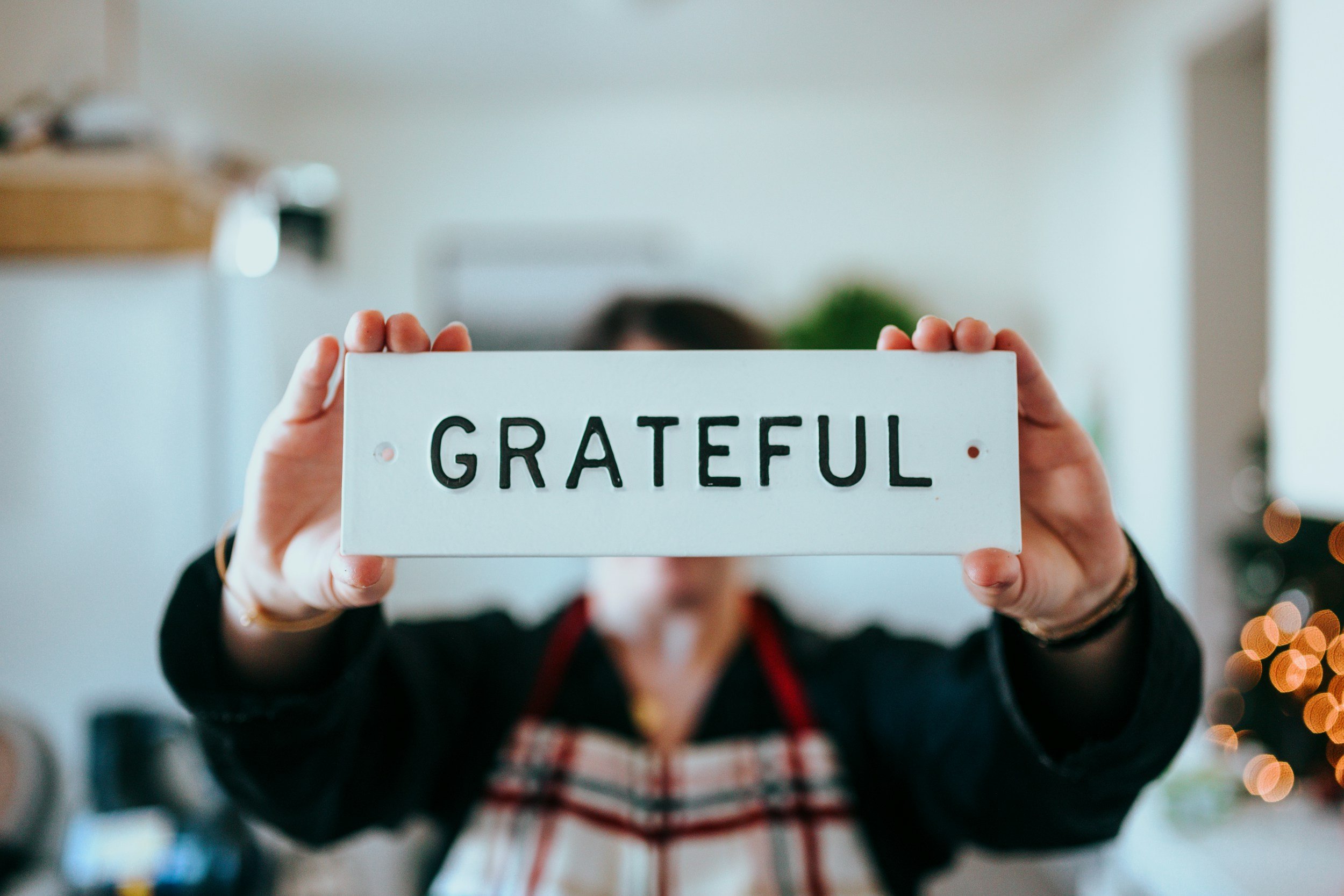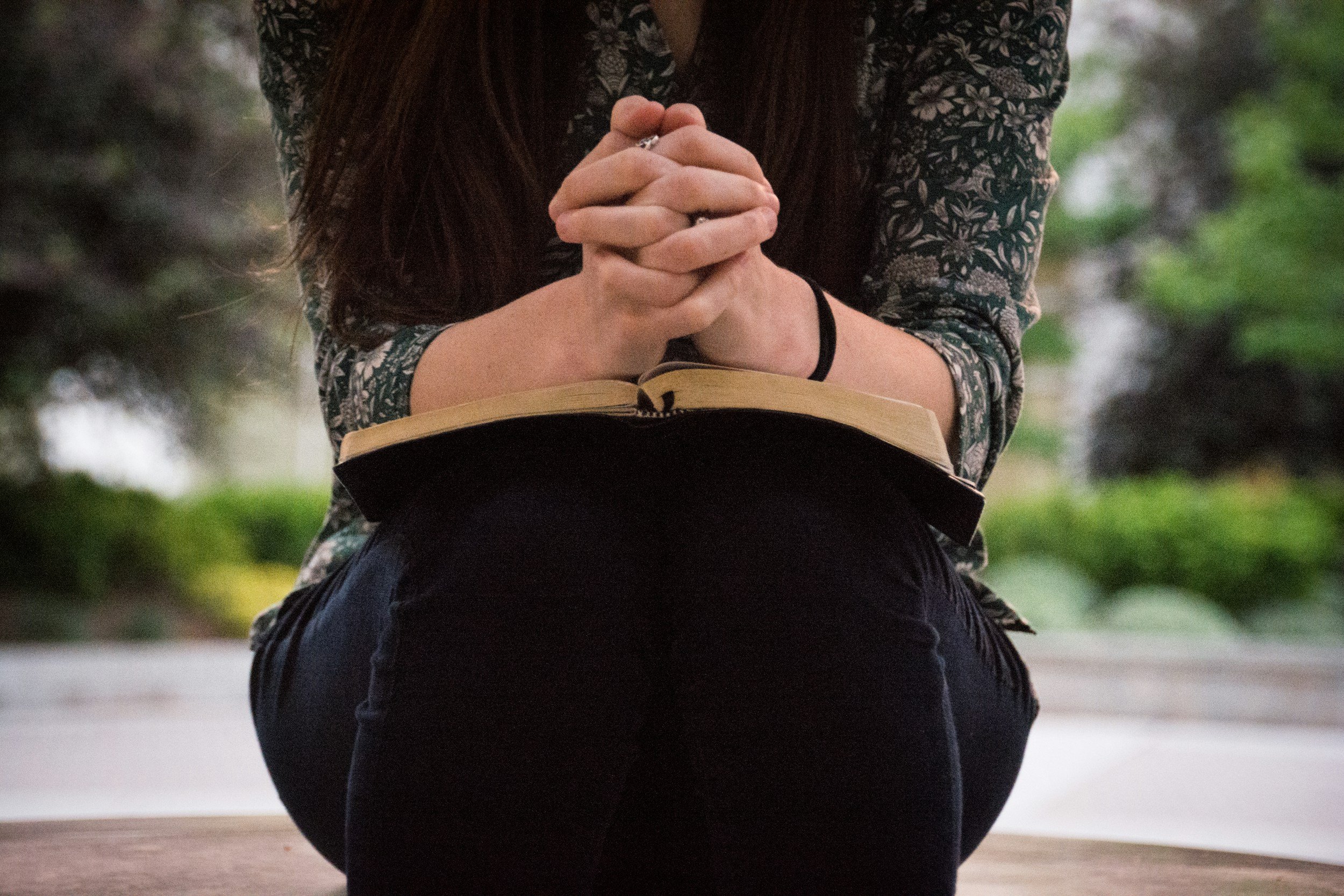The Grove

Embracing Imperfect Action
Small discomforts can feel overwhelming, but they don't define our reality. Building emotional resilience requires pushing through off days rather than retreating. While society often encourages avoiding discomfort to "protect your peace," growth often comes from leaning into discomfort. Change happens through action—especially imperfect action. By recognizing that current emotions don’t predict future feelings, we can reshape our experiences and foster growth.

Emotional Flexibility: Bending without Breaking
A candid reflection from our practice manager Shelli Armstrong on developing emotional flexibility through life's challenges. When comparing herself to her mother's seemingly effortless household management while she recovers from surgery, Shelli discovers a powerful truth: like an acrobat's poses, life's demands require us to bend—but we're not meant to hold these positions forever.

Friends Don't Flake: Rebuilding Adult Connection
When we constantly flake on friends and justify it with "self-care," we're fueling an epidemic of disconnection. While setting boundaries matters, we've twisted this concept to avoid vulnerability and meaningful relationships. Good friendships require showing up, being honest about our capacity, and matching others' energy. It's time to stop ghosting and start nurturing the connections that truly bring us peace.

From Overwhelm to Intention: Making Space for Yourself as a New Parent
Parenthood reshapes identity, often leaving new parents feeling overwhelmed and disconnected. Reclaiming a sense of self involves small steps like scheduling self-care micro-moments, reimagining hobbies, setting realistic expectations, leaning on support networks, and engaging in reflective practices. Embracing your evolving identity with intention can transform this transition into an opportunity for growth.

Gratitude Isn’t About Ignoring Your Pain: Finding Balance This Thanksgiving
This Thanksgiving, gratitude isn’t about ignoring your pain. It’s about making space for all your emotions—letting them exist alongside each other. By starting small, like reflecting on peaceful moments or acknowledging your own resilience, you can practice gratitude in a way that feels authentic to you. It’s about recognizing your growth, appreciating what you’ve overcome, and being gentle with yourself.

Insight into Faith Transitions
Navigating a faith transition can be emotionally challenging, impacting your mental health through uncertainty, loss of community, and identity shifts. Therapy provides a safe space to explore these feelings, process grief, and manage cognitive dissonance. It can help you build resilience, find new support systems, and align with your evolving beliefs.

When Words Fail: How to Seek Support for Mental Health Struggles
Navigating difficult conversations about mental health can be challenging, especially during deeply personal struggles like loss or a health crisis. Choose trusted individuals who provide genuine support, and don't hesitate to set boundaries if needed. Embrace the full range of your emotions, and consider therapeutic techniques like mindfulness or journaling to reframe your mindset. When loved ones can’t offer the understanding you need, seeking professional support can be a crucial step toward finding stability and self-compassion. Prioritize your well-being by reaching out to the right resources.

Redefining Therapy Spaces: From Safe to Brave
In therapy, we introduce the concept of "brave spaces" - environments that prioritize safety while acknowledging the inevitability of discomfort in healing. In individual therapy, brave spaces encourage you to confront difficult emotions, challenge unhelpful thought patterns, and process trauma. Your therapist creates this space by supporting you through uncomfortable moments, recognizing them as signs of growth. While therapy can be challenging, it's in these brave spaces that true healing occurs. By embracing discomfort and facing your challenges head-on, you're taking courageous steps towards not just surviving, but thriving in your mental health journey.

Rediscover Intimacy Through Sensate Focus
Sensate focus is a practice of giving and receiving progressive levels of sensual, non-sexual touch to help rebuild physical and emotional intimacy. Through structured, mindful exploration of each other's bodies, couples can rediscover comfort, playfulness and vulnerability. While not focused on arousal or orgasm, sensate focus can reawaken desire.

Building Resilience: The Power of Distress Tolerance Skills
Life's challenges can be overwhelming, but distress tolerance skills can help you navigate tough times. This post explains key techniques like mindfulness, emotional regulation, and self-soothing, offering practical examples and advice on developing these skills. By incorporating distress tolerance into your daily routine, you can build resilience, cope healthily, improve relationships, and enhance your overall well-being.

Embracing Body Neutrality
Discover the path to inner peace through body neutrality. Shift your focus from appearance to functionality by appreciating what your body can do and how it feels. Try practical strategies like practicing gratitude, engaging in mindful movement, challenging negative thoughts, diversifying media intake, and prioritizing self-care. Remember, seeking support is not a sign of weakness but a courageous step towards self-love. If you're struggling with body image, consider reaching out to a therapist for guidance. You deserve to embrace and celebrate the unique vessel that carries you through life. Let's cultivate a culture of body acceptance together.

Unwinding: The Science Behind Relaxation
In our hectic lives as mothers, finding true relaxation amidst the chaos can feel like an elusive dream. We often resort to distractions like scrolling through social media or binge-watching TV shows, hoping to unwind. However, there's a crucial difference between distraction and genuine relaxation, rooted in the science of our bodies' parasympathetic nervous system.
Distraction offers temporary relief by diverting our attention, but it fails to address the underlying tension within us. In contrast, genuine relaxation involves activating the parasympathetic nervous system, which triggers physiological changes that promote rest and rejuvenation.
Understanding the parasympathetic nervous system is key. It serves as the body's natural relaxation response, slowing our heart rate, deepening our breath, and relaxing our muscles. However, an imbalance in this system can lead to symptoms like fatigue or chronic stress.
If you're ready to embark on this journey of self-discovery and relaxation, don't hesitate to reach out to a therapist. Let's work together to find balance and serenity amidst the demands of a busy life.

Dating Your Grief: Techniques for Coping and Healing by Integrating Grief into Your Life
Grief is a universal human experience, and everyone experiences it in their own way. However, integrating grief into your life can help you come to terms with your loss and move forward in a healthy way. In this blog post, we explore techniques for integrating grief into your daily life, including compartmentalizing, creating a deliberate grief ritual, using a labyrinth, and taking notes. These techniques can help you acknowledge your loss and work through your emotions in a healthy and intentional way.

Cultivating Resilience and Mental Well-Being in a Politically Charged World
In today's chaotic political climate, it's essential to take care of your mental well-being. This post offers practical tips to help you stay resilient. Learn to manage your exposure to upsetting news, and make time for activities that bring you joy. Don't hesitate to reach out to friends and family for support when you need it. Remember, your feelings are valid, and seeking professional help is always an option. By prioritizing self-care and leaning on your support system, you can navigate the feelings that arise from current news and events and preserve your mental health.

Sleeping like a Baby: How to Improve Sleep Hygiene During the Postpartum Period
The postpartum period is not often associated with the best sleep of your life. But you don’t have to sacrifice all your good sleep! Incorporating these good sleep hygiene tips can help you feel more rested with better quality sleep.

Prioritizing Mental Health without Shame or Stigma
As we contemplate Mental Wellness Month, we acknowledge the positive shift in societal attitudes toward mental health. Despite this progress, it's essential to recognize that there is still work to be done. Lingering generational stigmas continue to hinder young people from seeking and utilizing therapy, even as society increasingly prioritizes it as a pathway to better health. Understanding the prevalence of mental health events and appreciating therapy as a valuable resource contribute to fostering a culture of well-being. In this evolving landscape, mental health emerges as an indispensable component of a thriving society, one where individuals are supported, and seeking help is regarded as a proactive step toward building a healthier, more compassionate community.

The Impact of Trauma on Memory
This blog post explores the impact of trauma on memory, emphasizing the psychological and emotional responses to distressing events. Trauma, arising from various sources such as physical harm, emotional abuse, or loss, can lead to long-lasting effects on mental health, including conditions like PTSD. The post highlights the significant influence of trauma on memory, explaining how it overwhelms individuals and impairs the processing and integration of memories. The role of the hippocampus in memory processing is discussed, noting its impairment during traumatic experiences. The post also delves into the effects of trauma on the nervous system, leading to hyperarousal or hypoarousal states, making memory processing challenging. It further details how trauma can result in fragmented, incomplete, or suppressed memories, contributing to a "time problem." Therapeutic approaches like Lifespan Integration (LI) are recommended to help individuals process and integrate traumatic memories by establishing a time structure and reinforcing that the trauma is in the past. Overall, the post emphasizes the importance of addressing trauma to promote effective and healthy memory processing.

Embracing the Winter Solstice: A Celebration of Light and Mental Wellness
Across cultures, the winter solstice is celebrated as a triumph of light over darkness. Lighting candles, kindling bonfires, and adorning homes with festive lights are common traditions that reflect the human desire to dispel shadows and embrace the warmth of light. In a metaphorical sense, this celebration encourages us to find and foster the sources of light in our lives.
Beyond the external expressions of light, the winter solstice invites introspection and the cultivation of inner illumination. This could manifest as personal growth, self-discovery, or even acts of kindness that brighten the lives of others. By nurturing our inner light, we contribute to a positive and supportive environment for ourselves and those around us.

Mindfulness Isn't One-Size-Fits-All
If you’ve been looking for a way to help your mental health, you’ve likely stumbled upon “mindfulness” as the answer. Maybe that doesn’t resonate with you. Mindfulness is a great tool, but if you experience anxiety, have unresolved traumas, or even mobility and breath issues, mindfulness may be something that doesn’t work or is hard to achieve and can add to your anxiety. It’s important to note that mindfulness isn’t a one-size-fits-all policy. You can tailor your mental health journey to fit your needs. Take a nature walk, start an art therapy journal, and try different scenarios to find what works for you in order to connect with yourself and your surroundings.

Does Your Bedtime Routine Include Giving Thanks?
Have you noticed a shift in your ability to catch quality sleep? Perhaps you reminisce about the days when falling asleep was a breeze, and waking up felt like a refreshing reset. If you find yourself struggling with sleep, you're not alone. The good news is that incorporating a few minutes of intentional gratitude into your daily routine might be the key to better sleep. Research suggests that expressing gratitude is not only linked to improved sleep quality but can also help reduce negative personality traits associated with impaired sleeping.
The Relationship Between Gratitude and Sleep…
